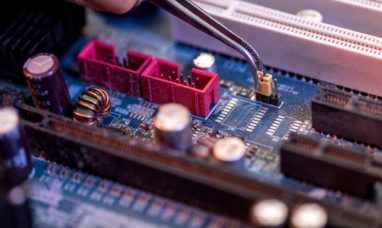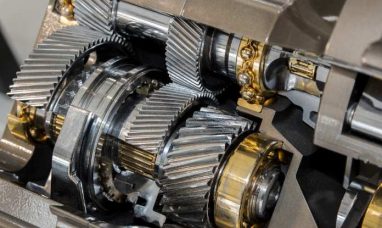PR Newswire
MINNEAPOLIS
,
May 25, 2022
/PRNewswire/ — Bio-Techne Corporation (NASDAQ: TECH) today announced the publication of a global study in the Journal of
Electrophoresis:
Global Intercompany Assessment of icIEF Platform Comparability for the Characterization of Therapeutic Proteins
.
This publication reports the findings of a multi-company study focused on the comparability of the iCE3 and Maurice instruments, two gold standard analytical platforms for charge heterogeneity analysis of therapeutic proteins. Bio-Techne pioneered the use of imaged capillary isoelectric focusing (icIEF) in 1999 with the iCE280, which was upgraded to the iCE3 in 2012. The introduction of the simpler to use Maurice system in 2016 not only made method design easier, but it also added Native Fluorescence and CE-SDS capabilities, expanding its utility. Transitioning to the Maurice system has been a priority for multiple biopharmaceutical companies. This comparability data will aid them and all companies in the transition to Maurice from the iCE3 platform.
In this study, 19 sites from
the United States
,
Europe
, and
China
participated, including 17 biopharmaceutical companies, one
in vitro
diagnostics company, as well as the National Medical Products Administration (NMPA) regulatory agency. Each site used both instruments to analyze a monoclonal antibody (NIST mAb) and the programmed death-ligand 1 fusion protein (rhPD‑L1-Fc). For each molecule, the electropherograms from both instruments were found to be comparable across all labs. The standard deviations for both molecules’ charge variants were less than 1.02% on iCE3 and Maurice across the labs. Furthermore, the apparent isoelectric point (pI) values for the main isoform of the NIST mAb showed high precision across labs, and the relative standard deviation values on both instruments was less than 0.3%. Together, the data demonstrated excellent iCE3/Maurice comparability.
Bio-Techne’s portfolio of iCE instruments is established as the ‘gold standard’ protein charge isoform analytical technology in the biopharmaceutical industry and is extensively implemented in GMP quality control (QC) release of commercial products. The ProteinSimple branded Maurice is Bio-Techne’s next generation icIEF or iCE instrument. Establishing data comparability between the legacy iCE3 system and Maurice enables customers to confidently transition and take advantage of the additional capabilities Maurice offers. The data demonstrated in this latest study not only speaks to Maurice’s performance, but also underscores the ease of method transfer from iCE3 to Maurice.
“We are grateful that the biopharmaceutical industry has adopted the iCE technology globally as the gold standard for measuring charge heterogeneity, a requirement from multiple regulatory agencies,” commented
Will Geist
, President of Bio-Techne’s Protein Sciences Segment. “The biopharmaceutical industry desperately requires new innovations to meet emerging patient and regulatory requirements, and we responded by introducing the next-generation iCE, Maurice, in 2016, which added Native Florescence and CE-SDS. Multiple companies requested comparability data between the legacy iCE3 and Maurice systems and we applaud and thank the more than 50 scientists who participated in the study recently published in the Journal of Electrophoresis to help them transition to Maurice.”
About Bio-Techne Corporation
(NASDAQ: TECH)
Contact:
David Clair
, Senior Director, Investor Relations & Corporate Development
[email protected]
612-656-4416
![]()
View original content to download multimedia:
https://www.prnewswire.com/news-releases/global-study-demonstrates-ice3-and-maurice-capillary-isoelectric-focusing-comparability-in-the-journal-of-electropheresis-301551119.html
SOURCE Bio-Techne Corporation










